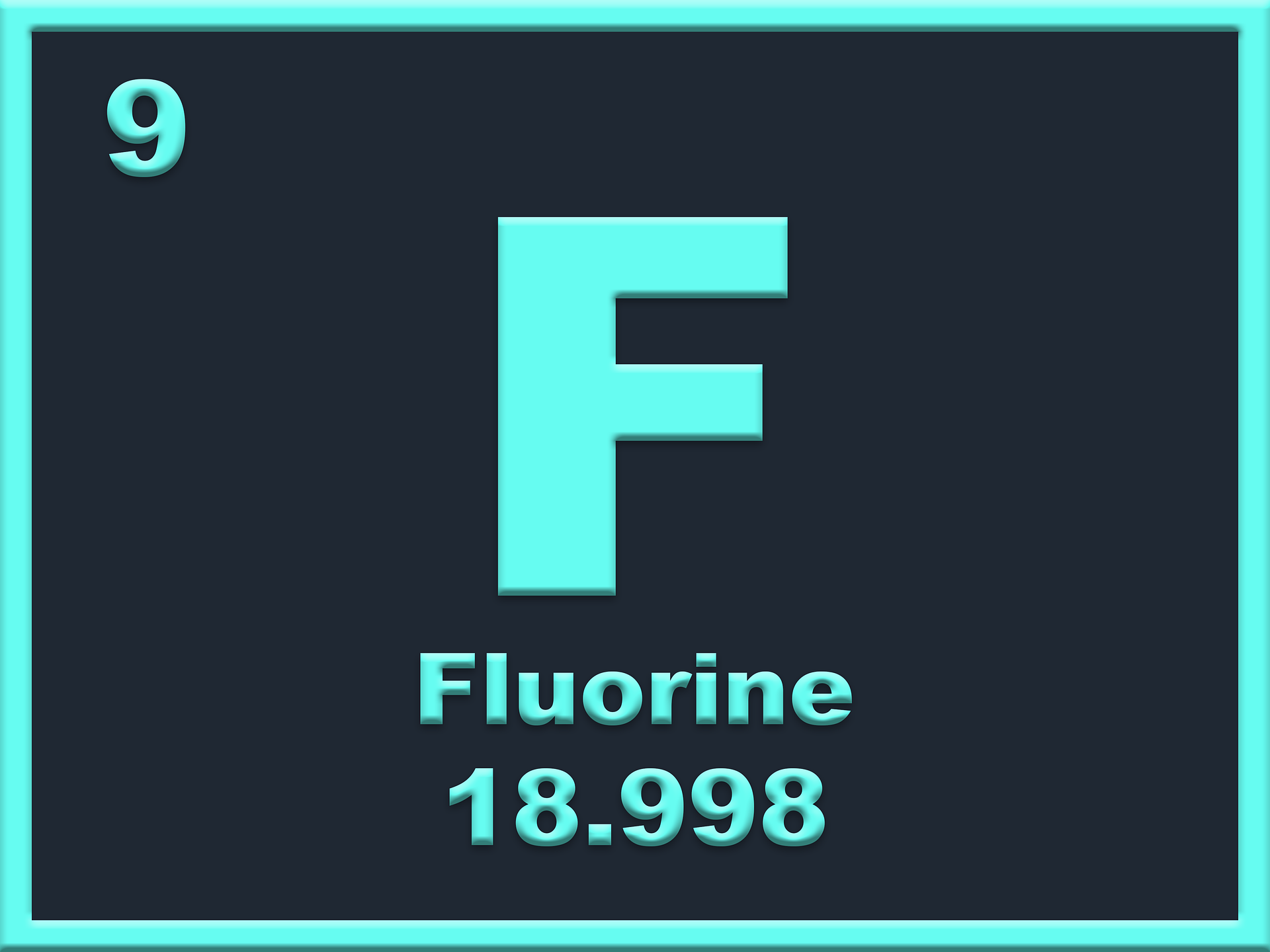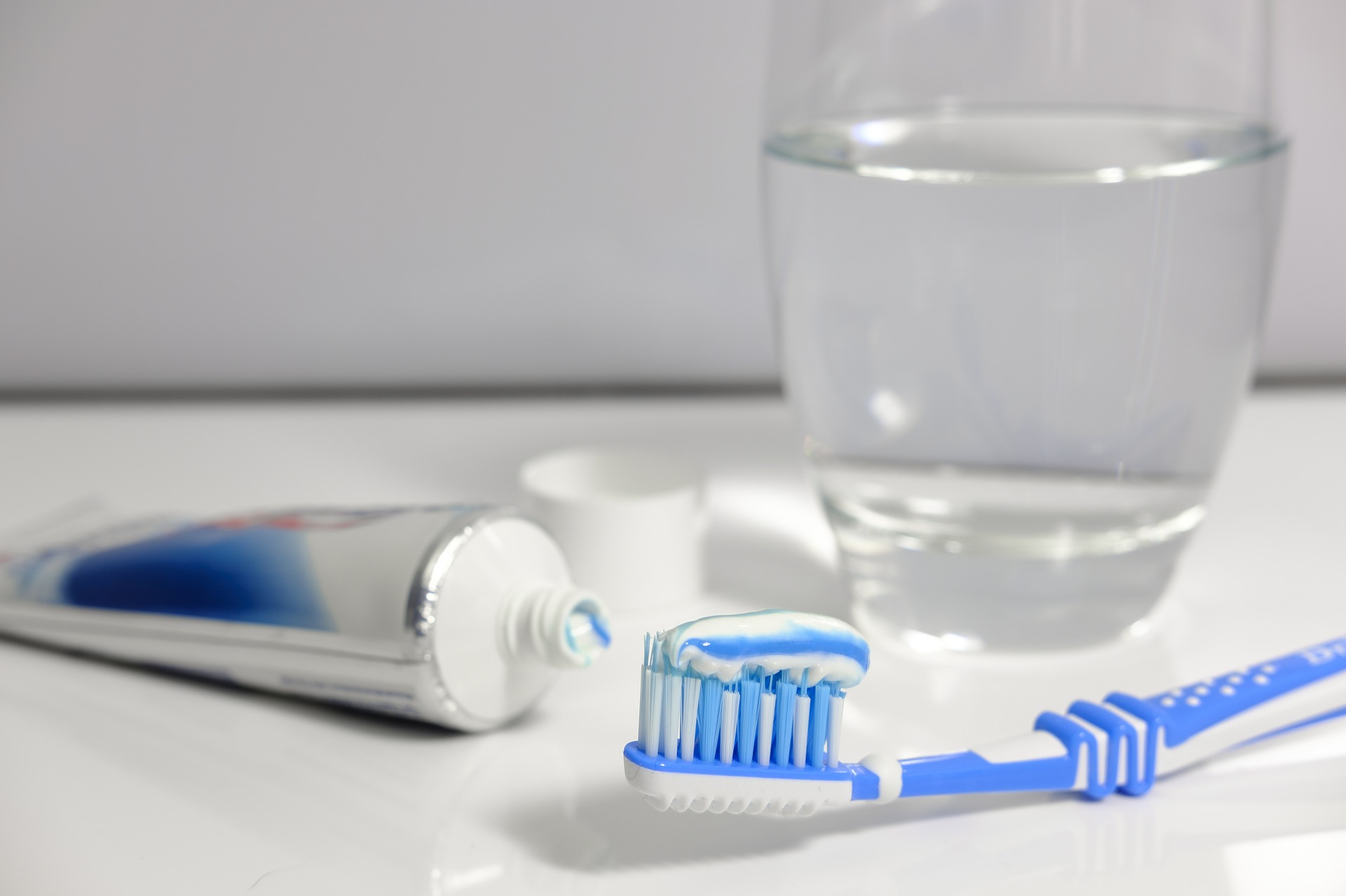SHARES

The Fluoride Controversy: Is Fluoride good or bad?
Firstly, what is fluoride and what does it do for us?
Fluoride Facts
Fluoride is a mineral that is naturally found in our bones and teeth. It also exists in water, soil, plants and earth in general.
Fluoride and Dental Health
One of the benefits that fluoride brings about is its ability to strengthen enamel that covers our teeth. Thus, it also aids in preventing cavities in our teeth. This is why dentists recommend fluoride which is also present in various dental products such as toothpaste and mouthwash.
Other benefits from fluoride treatment include:
- Rebuilding weakened tooth enamel
- Slowing down t mineral loss from tooth enamel
- Reversing early signs of tooth decay
- Preventing the growth of harmful oral bacteria
Despite these benefits, there has been quite a bit of backlash regarding fluoride in oral health practices in recent years. Why is there a growing segment of the population that rejects fluoride?
The Fluoride Controversy
Like any other element, when not used in moderation, fluoride too has its side effects. Some may worry that constant and excessive fluoride usage can result in dental or skeletal fluorosis or other health concerns. This is the first flip side of the fluoride controversy.
Dental fluorosis happens when you consume too much fluoride while your teeth are still forming under your gums. This results in white spots on the surface of your teeth. Other than the appearance of white spots, dental fluorosis doesn’t cause any symptoms or harm.
Skeletal fluorosis is similar to dental fluorosis, but it involves bones instead of teeth. Early symptoms include joint pain and stiffness. Over time, with long term exposure, there is a higher tendency of it altering the bone structure and causing the calcification of ligaments.
Secondly, apart from flu0rosis, some studies indicate excessive fluoride consumption brings about other health concerns. A study done in 2017 suggested that excess fluoride intake may lower IQ and lead to poorer cognitive outcomes. (Bashash, 2017). However, this is only a correlation and not a direct cause.
Besides that, people may also doubt or misunderstand the effectiveness of fluoride simply because it does not prevent cavities 100%.
But these doubts and misunderstandings arise mostly because of easily acquired but not always credible or contextual information. With the advent of the internet, the amount of information available at everyone’s fingertips has exploded, but the information often lacks context, fuelling the fluoride controversy further. Fluoride has fallen victim to this, with widespread information about the toxic effects of overexposure without any context offered about when and how overexposure is likely to occur.
There have been many research studies that have proven that fluoride isn’t all that bad. Always get your information from credible sources.
A Holistic Health Approach
Of course, there is also a growing trend towards a more holistic health approach. More people are straying away from using fluoride and other unnatural toxic materials like mercury. This trend toward a more natural, whole-body approach to oral healthcare represents a paradigm shift in dentistry as we know it. There is certainly value in looking at the whole patient, including lifestyle and diet when developing a dental care relationship. It’s important, however, that both patients and dentists communicate clearly. Ask your dentist to advise what treatments are supported by evidence and which may or may not be helping.
Conclusion
Overall, there is strong evidence that fluoride is indeed beneficial to our dental health. The health concerns that may arise can be avoided with education, proper care and moderate, and healthy use of fluoride. Speak to your dentist to get a clearer idea about the fluoride controversy, what is good and the bad. He can guide you accordingly.
Reference Sources:
https://carifree.com/blog/the-anti-fluoride-argument/
https://www.healthline.com/health/what-is-fluoride
Further Reading: Afraid of your Dentist? No Fear, Help is here: Ask your Dentist
This article is contributed by Elite Dental Group
For More Information, contact Elite Dental Group
—————————————————————————————————————————
If you need to consult a dental surgeon:
Find, Call or Book an appointment with a Dental Surgeon in Malaysia, on GetDoc
Find, Call or book an appointment with a Dental Surgeon in Singapore, on GetDoc
Disclaimer
Important: The authors, reviewers, and editors of GetDocSays have made extensive and reasonable efforts to ensure that medical information is accurate and conform to the standards of the publication. They reflect the opinions and views of the contributors and not the publisher.
The information on this site is not professional advice nor is it to replace personal consultation with a physician, dentist, pharmacist, or other health care professional. The reader should not disregard medical advice or delay seeking it because of the information published here.
by Wong Mei Chan
View all articles by Wong Mei Chan.








